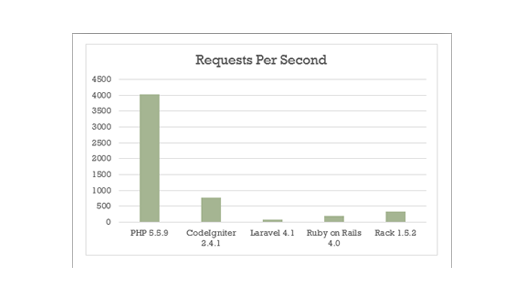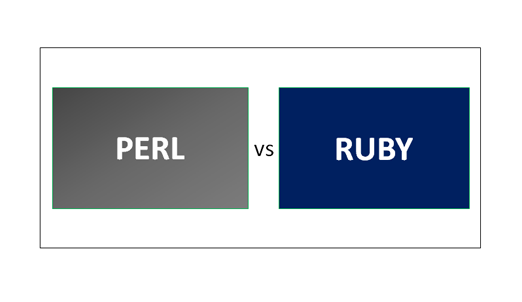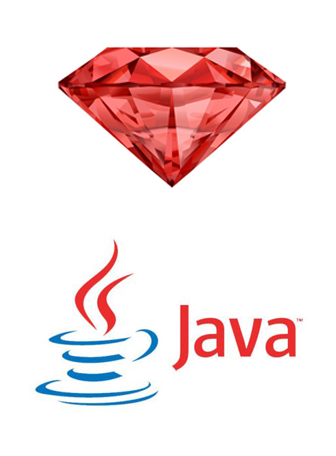With our broad base of experience and expertise, we can operate effectively with Ruby or other programming languages. Ruby is differentiated by its simplicity and its dynamic and universally-applicable language features. Ease of use and flexibility are among the numerous advantages of Ruby that our professionals leverage to help you.
Ruby on Rails (RoR) is becoming one of the popular Web application frameworks. It is quite natural for developers to compare Ruby on Rails with other languages. Since the programming language used to write Rails is Ruby, the comparison is between Ruby and other programming languages, such as Perl, Python and Java. Let's look at general differences between Ruby and other languages. The comparison given below gives you a clear insight of their advantages and disadvantages in Web application development


